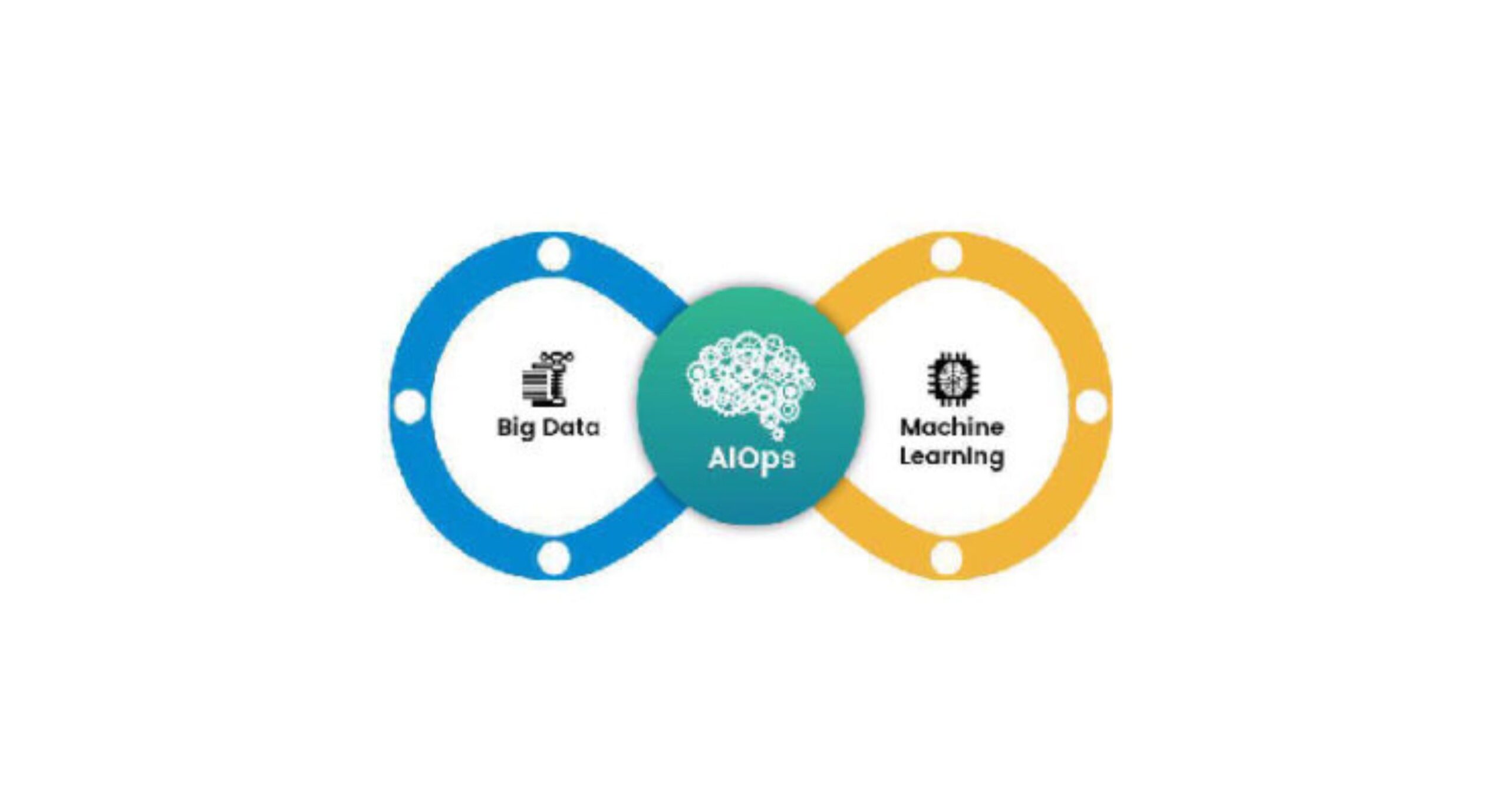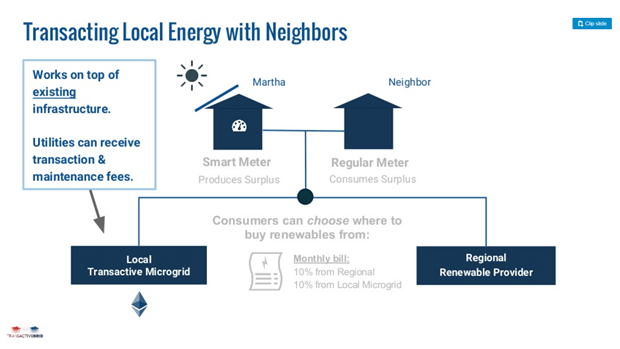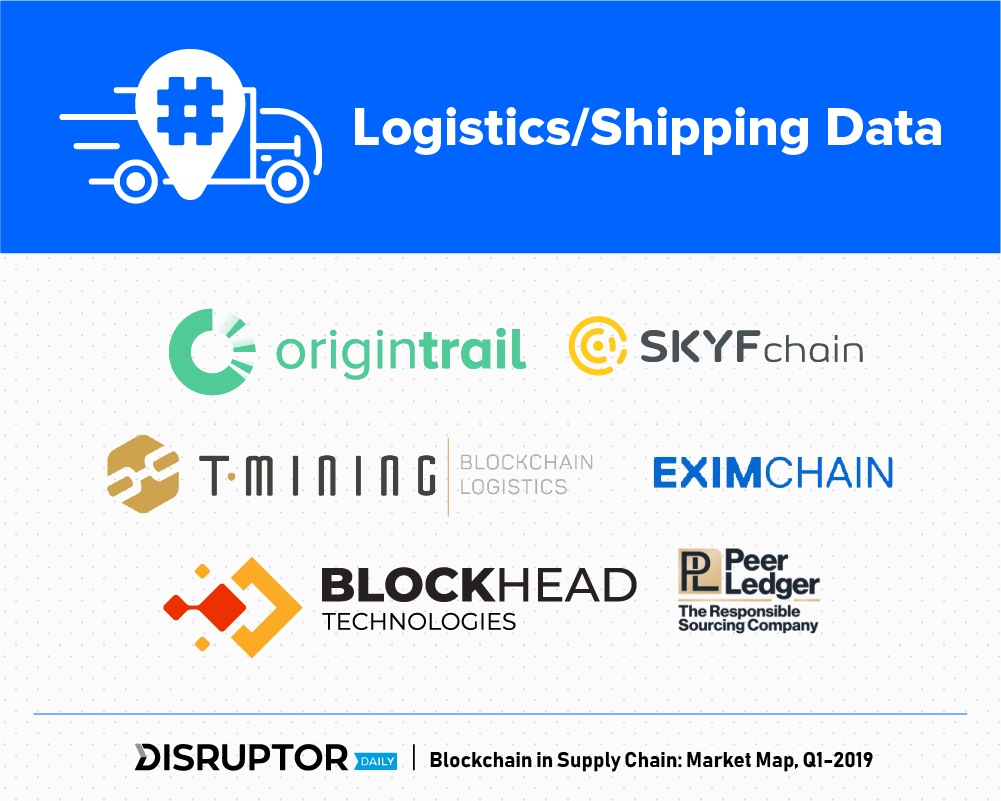Ever wondered the food that comes on your plate is from what part of the world?
The supply chain is a complex logistic network involving, place, product, goods, and multiple companies.
The disaster in supply chain management can result in the market loss of the company. Let DevSamurai Vietnam list down the epic failures in supply chain management.
- In mids-2000, Massive Boeing 767 Delay.
- Target stores in Canada Ruined by Epic Barbie SUV
- Hersheys chocolate meltdown of 99.
Their failures rise due to the underestimate supply at risk during raised during supply chain management, resulting in lower profit margins and shares. These advanced companies do invest in computerized and automated systems, yet they lack information of product sources that seems to be very important for production.
Importance of blockchain in the Supply chain:
Keeping track of all supply chain management is very necessary for the entire globe. The multiple channels where the products or by-products to be tracked.
Here are some ways blockchain does it for the supply chain.
1. Removes the need for intermediaries:
Blockchain works on trust and peer-to-peer transactions, it’s important to agree upon to share important information that is usually done by a middle person. The shared transactions are synchronized, this way the participants agree on the calculations and information they receive. The cross-checking over multiple networks and their transactions make blockchain reliable.
2. Accurate Traceability:
The virtual digital ledger of transactions records the product status until its entire lifestyle. From the initial stages until the end of the production the customers know the journey of their products.
Companies like Walmart are using blockchain to track each piece of pork that is supplied from China.
They get complete access to the data of meeting, from its source until its sale.
3. Smart Contracts:
Smart Contracts are programs of blockchain that carry out agreements. Untamperable, it works automatically and triggers the next task of the blockchains. Ethereum based Smart Contract called Transactive Grid is the best example of blockchain. The redistribution of solar power to its neighborhood is undertaken by Transactive Grids. It automatically tracks the solar power and automates the buying and selling of solar energy.
4. Transactions are transparent:
The working of blockchain is transparent, the information collected in blocks is scattered and distributed to all the stakeholders. This ensures the same information for all. In case there are frauds committed by any participant, the blocks of the participant are unsynced, by triggering the alarm to the system. Many industries are trying their hands to pay using cryptocurrencies instead of paying through centralized channels.
5. Better product conditions:
Smart contracts are used to trigger actions to solve problems. Health care, food or cosmetics supply chains need specific conditions that need to be delivered during its manufacturing until its delivery.
In case the system fails to maintain the storage conditions the smart contracts immediately trigger the alert of the deviated condition. Many industries are utilizing this technology to save themselves from upcoming losses.
Implementation of blockchain in various industries.
Here are some interesting use cases that are implementing blockchains.
- Streamlining of the Oil supply chain:
Dubai is all set to track its oil supplies, from the oil well to its customers. This will be automated transactions and corporated like IBM is already working on pilot projects.
- Food Safety:
Blockchain improves food protection and transparency since simple E.coli infections can create a loss of the entire batch. This program tracks every piece that is produced until it’s consumed.
- Fashion sector:
It is possible to know where your wool and expensive jewelry come from? Right from the sheep that give you wool to the brand that sells you, you will have all the required information about its processing and delivery. The quality of products and the factories that create garments all the information is tracked using blockchains.
Martine Jarlgaard is working with Provenance to improve transparency for the garments industry.
- Wine supplies:
Countries ban the illegal supply of wine, but 30,000 wine bottles are illegally sold in China. To reduce this TagITSmart, tracks, and monitors 15,000 wine bottles in China market.
- Louis Dreyfus Company:
Dutch and French banks with Louis Dreyfus, have carried the cost-effective way of trading the U.S cargo of soybeans to retailers in China. This way of using blockchain reduces processing and transactions.
- Kahawa 1893 and Bext 360:
Kahawa 1893 is successfully delivering the coffee from Kenya to its customers. The intention was to top the farmers for better living. Removing middlemen and working directly with farmers was the solution. They also allow the clients to tip directly to the farmer’s e-wallet.
- Origintrail:
Origintrail tracks products from its source to manufactures. It also tests the quality of products. Around 800 products were chemically tested and these results were uploaded on the blockchain of Origintrail. This way , users know what chemicals are they consuming through their processed food.
- Diamond Tracking:
Blood diamonds are illegally traded for jewelry and De Beer works on blockchain to stop the production of blood diamonds. It tracks the mine of diamonds, its color, information of cutter and polishes, and the jeweler that would sell n diamond. This process ensures transparency to the buyers.
- Energy and environment:
Energy and the environment are growing concerns due to global warming. The rise of electric cars will carbon will be reduce using blockchain. Utilizing solar energy through smart contracts or prompt using recycling using blockchain is not far.
From food supply to diamond supply blockchain will reduce crime, and create transparency and trust among people. Removing middlemen, tracking and saving the details, fraud detection, and triggering alerts in case of deviation in the path.
To summarize, working on blockchain technology for supply chain apps, will build trust in the customers. Tracking each detail of products, their path, and the smart contract programs trigger during mismanagement during the entire supply chain process, is the need.

















